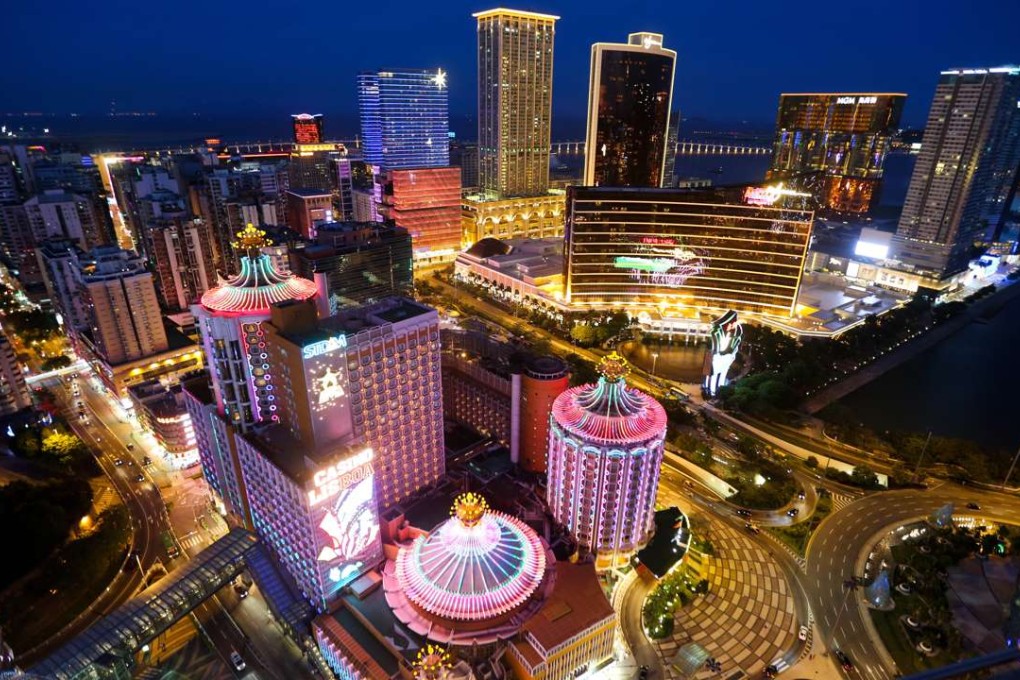Macau junkets are finally on a roll, but will it last?
As an embezzling executive resurfaces, Beijing’s moves against casino marketing have given promoters a short-term boost – but the long-term picture is more dicey

After haemorrhaging money and prestige since early 2014, Macau’s junket promoters’ luck appears to have turned. This month’s re-emergence of junket executive Huang Shan, who allegedly embezzled US$1.3 billion, and the detention in mainland China of 18 Crown Resorts employees suspected of illegally promoting gambling should benefit Macau’s junkets and VIP sector that still accounts for roughly half of the global casino capital’s gaming revenue.

Junkets play a vital role in Macau’s high-roller trade by helping players to skirt Chinese government requirements that bar its citizens from leaving with more than 10,000 yuan (HK$11,500) – equivalent to a single minimum VIP table bet – and restricts their overseas ATM withdrawals.
Beijing doesn’t want them, but what would Macau be without junkets?
Junkets recruit so-called VIPs for casinos, lend them money to play, then collect debts in exchange for roughly half of VIP profits, through a 1.25 per cent commission on their VIPs’ bets or a share of revenue.

Junkets finance operations through borrowing, paying interest of around 1 per cent a month, reflecting the inherent risk. Huang, who raised operating capital for junket promoter Kimren Group’s four Macau VIP rooms, offered even higher rates, then took the money and ran in April 2014.
What a mysterious death tells you about the future of Macau
Huang’s apparent disappearance, amid mainland China’s slower economic growth and President Xi Jinping’s (習近平) crackdown on corruption, contributed to a precipitous decline in the VIP sector, from 239 billion Macau patacas in 2013 to 128 billion patacas last year and a projected 111 billion patacas this year.